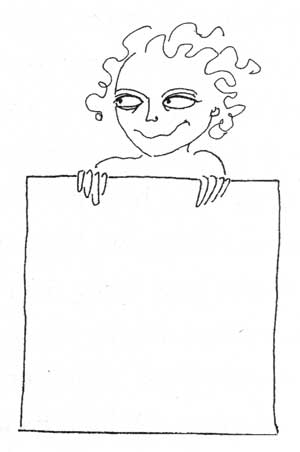"Separate and Secluded" We Pass Our Days.
Siri's article in LitHub, filed under "Life In a Pandemic," April, 2020.
Reading is an intimate encounter that does not require social distance. In our current world of restricted movement, the book is a geography where complete freedom remains possible. But what a person reads during a pandemic, it seems to me, has no moral quality. The moral decision has already been made. Protect yourself to protect others. Stay put if you can. But no one is obliged to steep herself in the science of virology or the earth’s complex and fragile ecosystems or novels about the plague or poems about death and dying. They are all possible choices—as is a turn to comedy, a form distinguished by its ending: It all works out.
The fairy tale is another buoyant genre. The hero or heroine is tested sorely, but in the end, he or she is rewarded with happiness. And fairy tales have magic. The laws of nature are overturned and replaced by human desires. Human beings often believe their wishes will come true, and they often do so without reason. Reading offers a safe road to a variety of vicarious gratifications.
The question is: If you are well and at home and have enough to eat and can concentrate on a book, do you read toward or away from your fear? Reading for comfort and escape is readily explicable. But why read about what you fear? Since Aristotle used the word catharsis in his Poetics without explaining exactly what he meant, philosophers have puzzled over the undeniable fact that people take a weird pleasure from art that describes terrible events. Why do we enjoy weeping over the sorrows of characters in books? Why do gruesome stories of war, murder, and even uncontrollable contagions seem to relieve some of the pressure and anxiety of this real moment when the authorities scramble to find room for the growing number of corpses in New York City?
Why bother with art, after all? Why not consume every factual tidbit available about the virus and its spread, the best mask to wear, or how to clean your groceries to avoid contamination? Isn’t this the age of facts versus fakery? What could fiction with its imaginary ramblings possibly give anyone at such a time, except an escape into the unreal? “Just the facts, ma’am” has become a mantra in an age of lies, the lifebuoy to which the noble opposition clings to keep from going under. When a statement from on high, “Everyone who wants a test can get a test” actually means, “Hardly anyone can get a test because they aren’t available,” public outrage is entirely reasonable, but facts, important as they are, remain limited and puny things that must be interpreted.
Read more.
